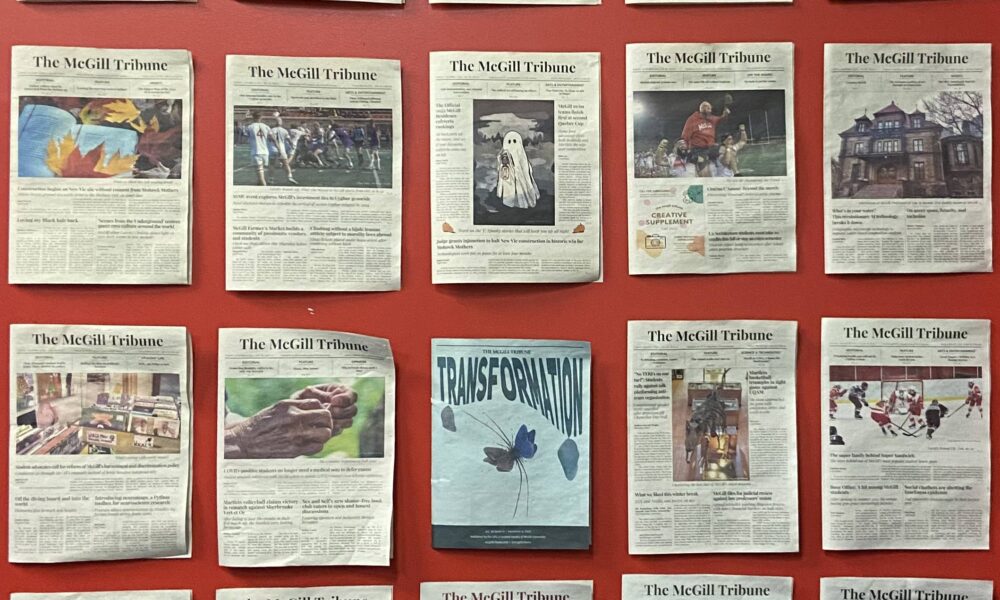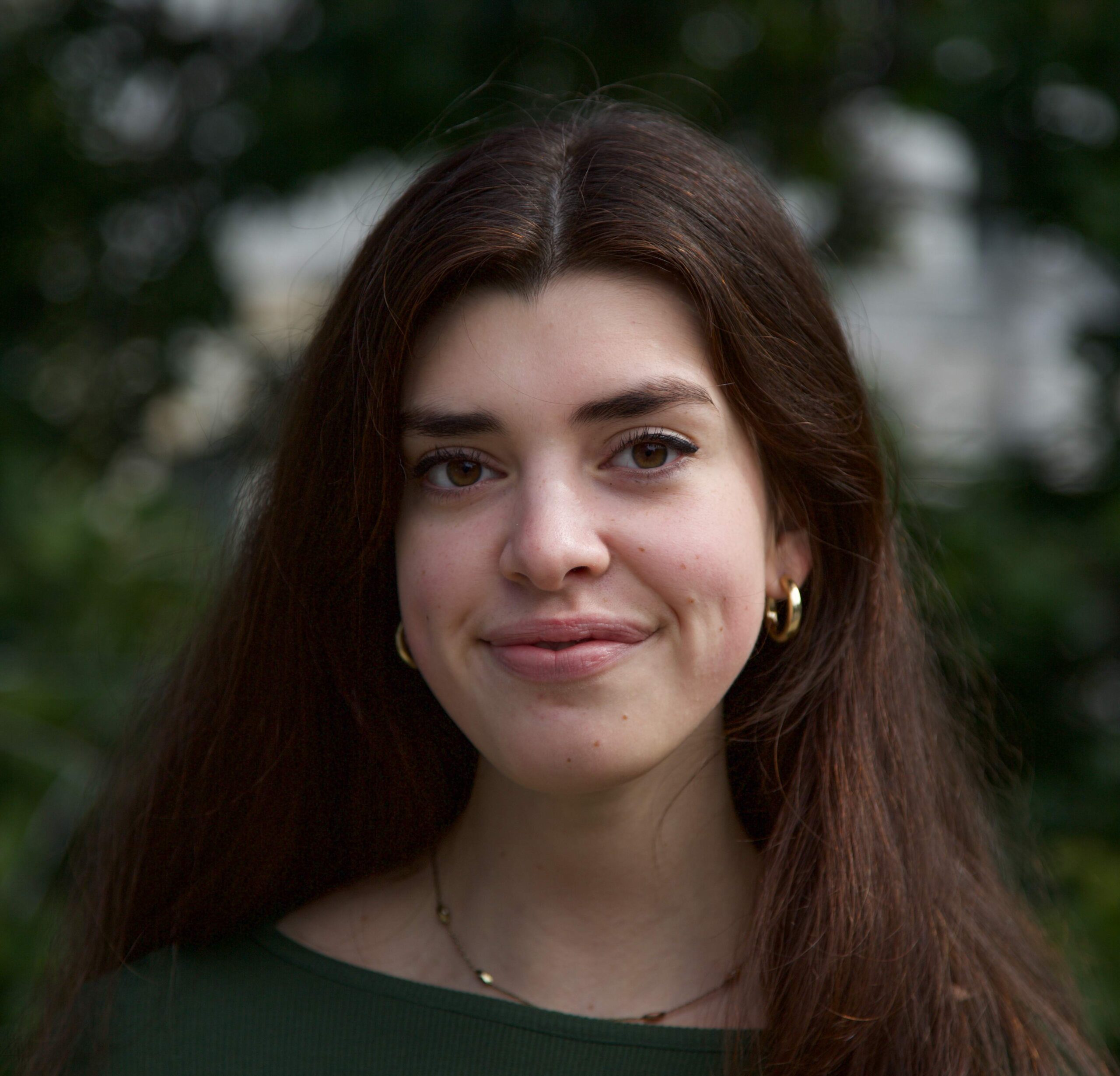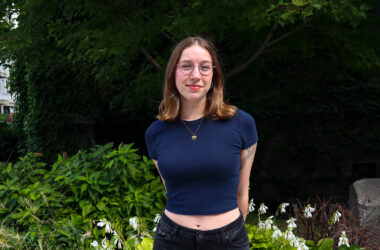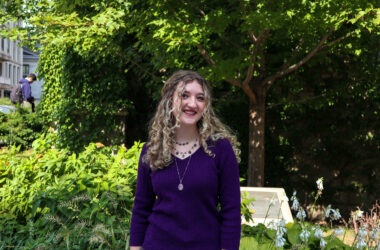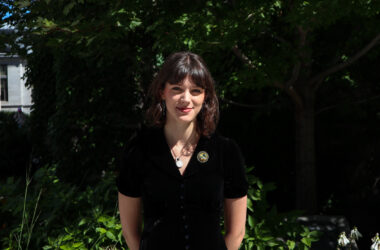There’s a certain rush that comes with writing an important story. The words stream out as you find the quote that reveals the essence of the piece. Bits of reporting you collate together into a story that guides the public and exposes the truth. I’ve been thinking about this rush a lot as I stare down the end of my third year at McGill and ask myself whether I want to pursue journalism professionally.
Three years ago, the idea of doing journalism intimidated me. Journalists were really smart people who wrote on ridiculous deadlines and put themselves in harm’s way for the sake of telling a story. I didn’t really know how to write or deal with sources, and I didn’t really know how to pull a story together. The perfectionist first-year me, afraid of trying something new, didn’t want to try and fail.
But I got over myself. On a visit home in January, I happened upon The Fourth Estate, a documentary that took an inside look at The New York Times during the first year of the Trump presidency. I was immediately drawn to the fast-paced environment that featured inquisitive people bustling around and grappling with how best to convey breaking issues to the public. Whatever was happening in that newsroom, it seemed like those reporters were at the centre of the world—and I wanted in. That night, I emailed McGill’s student papers to learn how to contribute.
Campus journalism, of course, isn’t The New York Times. The stories you write are rarely breaking news and don’t typically cause broad shifts in public opinion. But I’ve found that covering campus life, administrative decisions, and student movements is unique and important work in and of itself. Doing this kind of journalism has informed my university experience and self-perception in turn.
Entering McGill during the height of COVID-19 drastically limited my exposure to student life. But through chasing stories every week, my world opened up. Every time I researched a new story or conducted an interview, I learned something new about McGill. Through my reporting, I became acquainted with my community through their eyes.
Student journalists are in a unique position. We have a different sort of responsibility to our community than professionals. We face these issues every day and are often directly affected by the administration’s decisions, like our sources. Reporting in a smaller community also changes your relationship with pieces—the stories you’re writing unravel in front of you. And rather than moving on after a piece gets published, your idea of “campus” shifts.
McGill is a fascinating place. The university is a large and powerful institution with a very real impact on people’s lives. At times, I’d argue, even more so than the provincial or federal government, because it’s closer to us students. Being a campus journalist has forced me to pay attention to the institutional harm and negligence that occurs every day—whether it’s pursuing legal action against students filing access to information requests or neglecting to tell the community their central sexual violence support service has been shut. And seeing these struggles up close has been formative for my own political awareness.
While journalism is ultimately the practice of speaking truth to power, the most important skill I’ve gained has been learning to listen. News reporting forces you to take a backseat. Your singular voice, your opinion on these issues doesn’t matter in comparison to accurately conveying someone’s, or a community’s, story. It’s humbling. I learned that pretty quickly through all of those nights of huddling up at the Law Library, two hours before deadline, listening back to my interviews in search of the truth.
I’m still not sure if I want to be a journalist after graduation. With cuts across the industry, tenuous employment, and increasing rates of harassment, violence, and repression, it’s not the most ideal time to pursue this career path. But reflecting on my experience, it’s hard to say no when practicing journalism has taught me so much.
I might have to keep chasing that rush.
